Letting dialogue tell a story
Recently I’ve written some historical pieces for magazines. For these articles, I spent uncountable hours conducting in-depth interviews with people who were involved in the story or who could provide me with background, a colorful perspective, or a unique memory. An important technique I have learned is to transcribe everything from the interview, and then begin to build my story using key quotes I’ve received from my interviewees. Dialogue and quotations can be a powerful way to move a story forward and provide it with its heart and soul. Human conversation can form a very compelling foundation for story-telling. It provides transitional paths to the next point of the story, helping to build momentum and movement. Interesting quotes lead the reader from the beginning, to the middle to the end. Sure, we need facts and research. But my experience is that oftentimes all the facts and figures and research in the world aren’t as powerful as a human being talking about their insights or feelings or memories.
For me, quotations and conversations gleaned through interviews actually ARE the story. Quotes equal people. People equal what is interesting. What is interesting equals the story. I want my subjects to tell the story, not me.
I’ve never struggled to write the spoken word. In fact, during my public relations career, one of my specialties was writing quotes for clients, which we then used in press releases or as responses to media interview questions. The majority of the time, I made the quotes up! (based on my knowledge of what the client was likely to say and how best to make him or her sound as natural as possible) and then ran the quote past them for approval. More often than not, I was right on with my dialogue. Of course now, as a professional writer, I don’t make up quotes. But I have been fortunate to develop an ear for the spoken word, which I think is so important for writers to do. Being able to find those beautiful nuggets of conversation and words spoken from the heart — often innocently and in honestly — and then put them down on paper is a powerful vehicle for setting a story’s stage.
What are your thoughts on dialogue and quotations?
Thanks for visiting Murphy Writes.


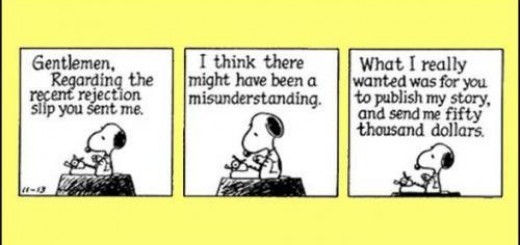




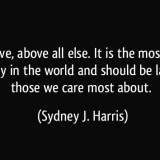



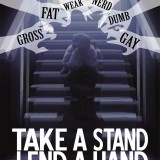
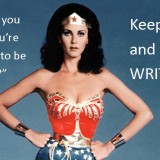
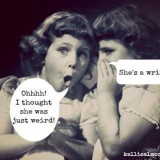

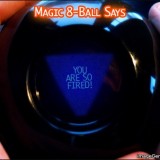








I agree totally with this article. I think dialogue is an important component in a story. However, I don’t especially enjoy dialogue only stories.